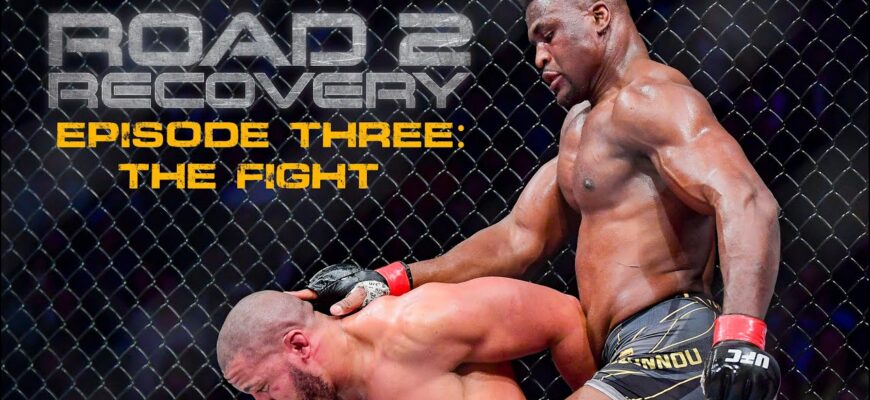In a world of evolving combat sports, where cross-disciplinary matchups are becoming increasingly common, an idea has emerged that could redefine the very essence of fighting. Rico Verhoeven, the undisputed heavyweight king of GLORY kickboxing, has laid down an extraordinary gauntlet: a three-fight series against former UFC heavyweight champion and recent boxing debutant, Francis Ngannou. But this isn`t just any trilogy; it`s a meticulously planned, multi-discipline odyssey designed to test the limits of combat versatility.
The Unprecedented Challenge: Three Disciplines, One Opponent
Verhoeven`s vision is refreshingly direct and incredibly ambitious. Forget the usual one-off spectacle; he proposes an ultimate examination of martial arts skill across three distinct rule sets. Imagine the narrative arc, the strategic adjustments, and the sheer grit required to excel in each:
- Kickboxing: Verhoeven’s undisputed domain. Here, Ngannou would step into the lion`s den, facing perhaps the most accomplished heavyweight kickboxer of his generation under rules where Verhoeven has reigned supreme for years. It`s a test of technical striking, footwork, and sustained aggression without grappling.
- Boxing: Ngannou`s recent venture. Fresh off his surprisingly competitive debut against Tyson Fury, Ngannou has shown a powerful, if still developing, boxing skillset. This would be a more level playing field, where both men would rely solely on their fists, challenging Verhoeven`s boxing technique against Ngannou`s formidable power.
- Mixed Martial Arts (MMA): Ngannou’s original throne. This would push Verhoeven into uncharted territory, requiring him to contend with takedowns, ground control, and submission threats alongside Ngannou`s devastating striking arsenal. It’s a true plunge into the complete combat experience.
This isn`t merely about winning three fights; it’s about proving comprehensive combat superiority in an era hungry for innovative matchups.
The Combatants: A Collision of Giants
Why Verhoeven and Ngannou? The pairing is as logical as it is electrifying.
- Rico Verhoeven: “The King of Kickboxing” has dominated GLORY`s heavyweight division for over a decade. His technical precision, relentless pace, and iron chin have made him virtually untouchable in his sport. For Verhoeven, this challenge represents a quest for new horizons, a move beyond his established legacy to cement his status as a true all-around combat athlete.
- Francis Ngannou: “The Predator” carved his legend with devastating knockout power in the UFC, eventually claiming the heavyweight title. His recent foray into professional boxing, particularly his performance against Tyson Fury, demonstrated an evolving skill set and an undeniable ability to adapt. For Ngannou, this trilogy would be an opportunity to showcase his unique blend of raw power and surprising versatility across the full spectrum of combat.
The contrast in their primary disciplines, coupled with their shared heavyweight status and undeniable star power, makes them ideal candidates for such an ambitious undertaking.
Beyond Entertainment: A Paradigm Shift in Martial Arts
Verhoeven articulated his motivation with clarity: to create “something unusual,” “what no one has done before,” and ultimately, to “change martial arts as a whole.” This isn`t just about selling tickets; it`s about pushing the boundaries of what`s considered possible within professional combat sports. In an age where fans are constantly seeking fresh experiences, a three-discipline showdown offers an unprecedented narrative arc and a profound test of athletic adaptability.
Of course, the logistical complexities are immense. Securing two global superstars for three separate events under different rule sets, across potentially different promotions, is a promoter`s nightmare and a fan`s dream. However, Verhoeven himself alluded to potential facilitators: GLORY, his home promotion, and the ever-growing appetite for blockbuster events emanating from Saudi Arabia. The financial muscle required to bring such a vision to life would be substantial, but the potential returns—in terms of spectacle, legacy, and pure sporting drama—could be equally colossal.
Should this ambitious vision materialize, it wouldn`t just be a series of fights; it would be an event that transcends individual sports, challenging athletes and organizations alike to rethink the future of combat. It represents a bold step towards a new era where versatility, rather than singular specialization, might truly define the ultimate combatant.







